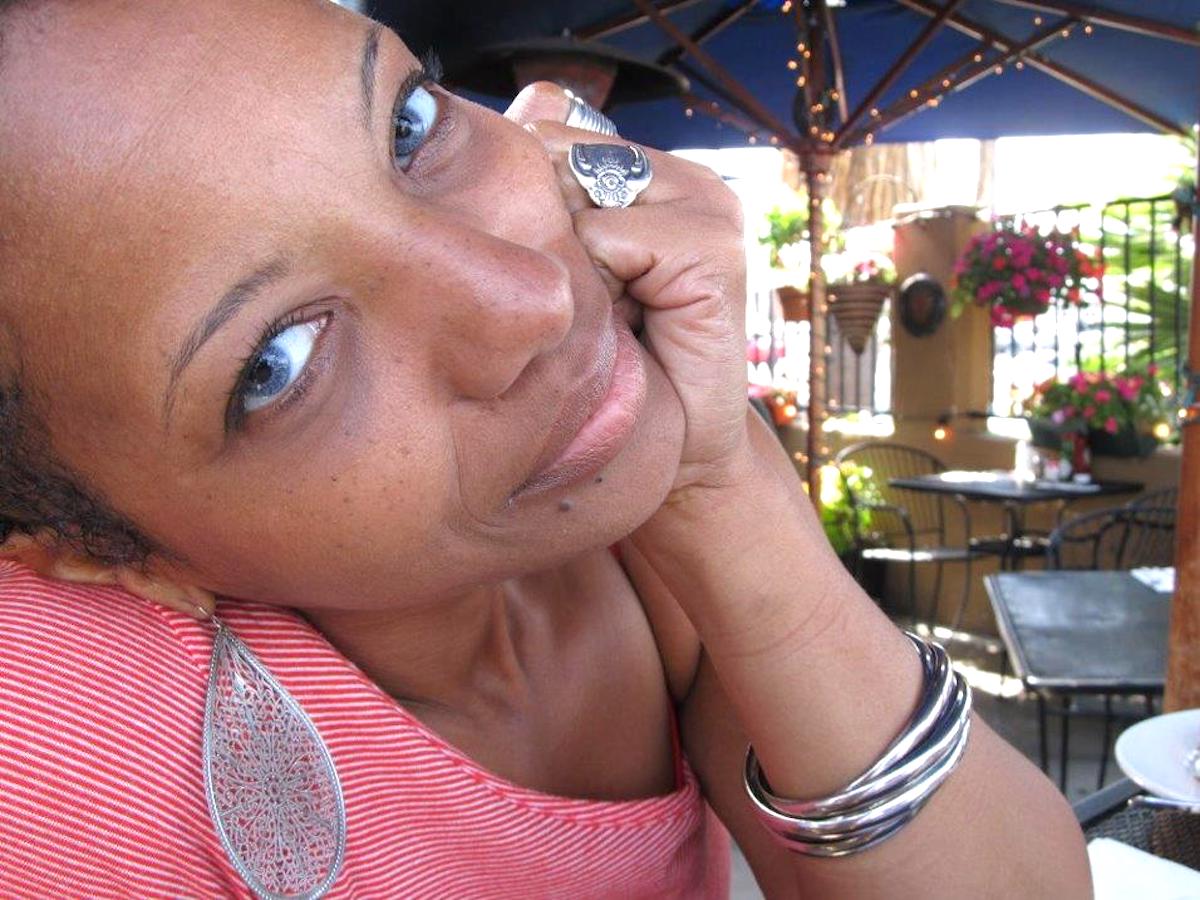By Jenise Justice
Education and mentorship have always been central pillars in the development of individuals and communities. Yet, for bisexual people, these essential tools often fall short of addressing the unique challenges and opportunities that come with embracing a multidimensional identity. Drawing inspiration from Black thinkers and activists like bell hooks, who emphasized education as a practice of freedom, and Pauli Murray, a trailblazer for intersectional justice, we can revolutionize our approach to learning and guidance. This essay explores how reimagining the roles of teachers and mentors can transform the bisexual community, creating spaces of liberation, belonging, and empowerment that ripple outward to benefit society.
The Current Educational Landscape and Bisexual Erasure
Despite progress in LGBTQ+ rights, bisexual individuals remain one of the most misunderstood and underrepresented groups, both socially and in educational settings (see HRC study below).
When educators and mentors overlook or fail to address the complexities of bisexual identities, they perpetuate a cycle of erasure and isolation. Traditional educational frameworks, grounded in binary thinking, do not reflect the fluidity and spectrum of human sexuality. This creates a gap in understanding and support, leaving bisexual students and mentees without role models or resources that resonate with their lived experiences.
The revolution we need in education and mentorship must prioritize intersectionality, an approach bell hooks championed as the cornerstone of transformative learning and that Pauli Murray pioneered.
Bisexual individuals often experience compounded discrimination based on race, gender, and socioeconomic status, requiring teachers and mentors to adopt a holistic understanding of identity.
For instance, bisexual Black women face unique forms of marginalization compared to their white counterparts. Therefore, mentorship programs and educational curricula need to be designed with an awareness of these intersecting factors.
A practical approach could involve integrating intersectionality into teacher training and curriculum development. For example, schools could implement modules on bisexual history and contributions, making visible figures like Pauli Murray and bell hooks. Statistically, educational environments that include LGBTQ+ content see a 23% decrease in reported bullying and harassment.
Mentorship: Beyond Traditional Models
Mentorship is another critical area ripe for redefinition. Conventional mentorship models often prioritize hierarchical relationships where the mentor imparts wisdom to the mentee. While there is value in this structure, it overlooks the collaborative and reciprocal nature of mentorship that is essential for bisexual individuals.One revolutionary model is what I call “co-mentorship,” where both parties learn and grow together. This approach acknowledges that mentors also have gaps in knowledge and can learn from their mentees’ experiences, particularly around evolving understandings of identity and sexuality. Imagine a mentorship program in which a young bisexual professional mentors an older straight ally in LGBTQ+ issues while also receiving career advice in return.
Similarly, the Bisexual Resource Center’s educational workshops have trained thousands of educators on how to better support bisexual students, leading to more inclusive school policies and practices.
These examples highlight a key truth: when bisexual individuals see themselves represented and respected in educational and mentorship settings, they are more likely to thrive. This echoes bell hooks’s assertion that education be a practice of freedom—a space where people learn not only how to succeed academically, but also how to be fully human in the face of a society that often marginalizes them.
To truly revolutionize education and mentorship for bisexuals, we must commit to several key principles. First, we need to increase visibility by integrating bisexual history, literature, and role models into curricula and mentorship programs. Schools and organizations could create safe spaces where bisexual individuals can discuss their experiences openly and without judgment. Second, we must prioritize intersectionality in all educational and mentorship efforts, understanding that no one lives a single-issue life. Finally, we could promote co-mentorship models that value the wisdom of lived experience, empowering both mentors and mentees to grow together.
This broader approach not only benefits bisexual individuals, but also lays the groundwork for a more inclusive society. When education and mentorship embrace fluidity, collaboration, and intersectionality, we unlock the potential for collective liberation. The revolution begins with each of us: educators, mentors, allies, and community members committed to creating a world where every identity is seen, valued, and celebrated.
Sources:
Human Rights Campaign. “2018 LGBTQ Youth Report.”
GLSEN. “2019 National School Climate Survey.”
Pew Research Center. “A Survey of LGBT Americans: Attitudes, Experiences, and Values in Changing Times.”
Bisexual Resource Center. “Programs and Initiatives.”
Jenise Justice resides on the East Coast of the U.S. She is the author of Down Low Sister On Top: Celebrating the African American Bisexual Woman.

